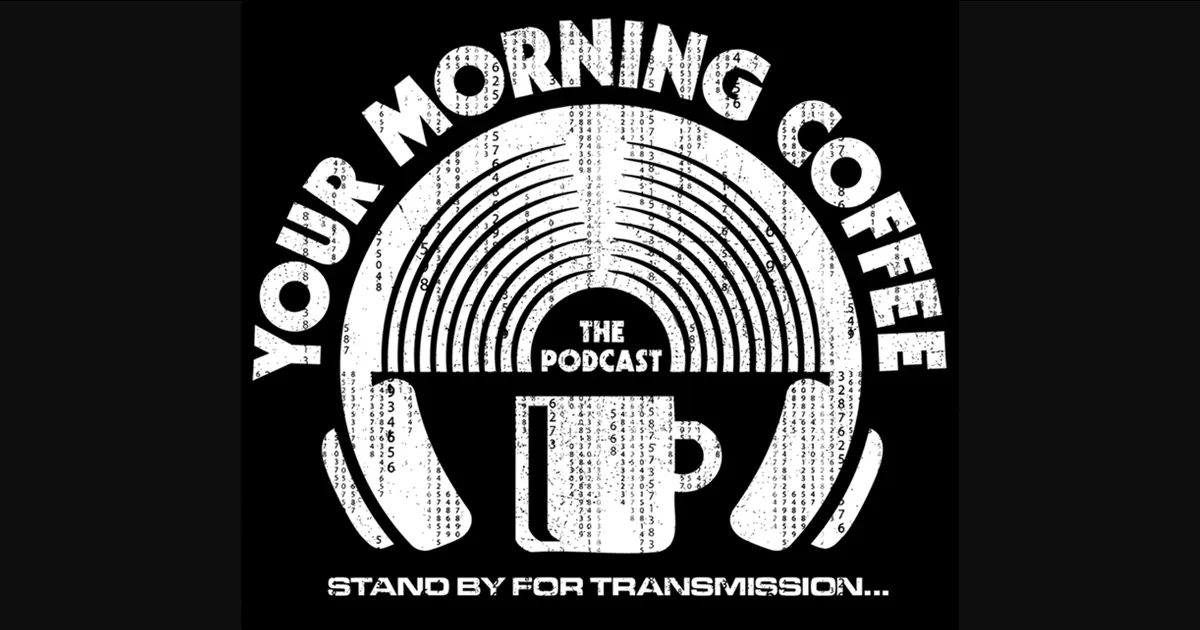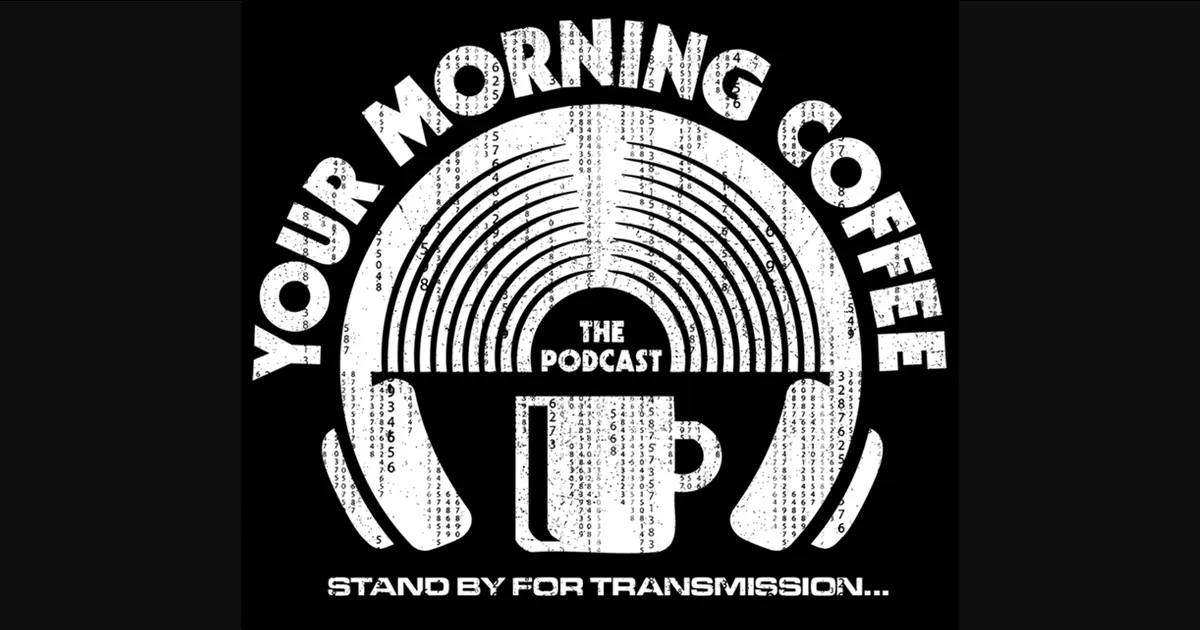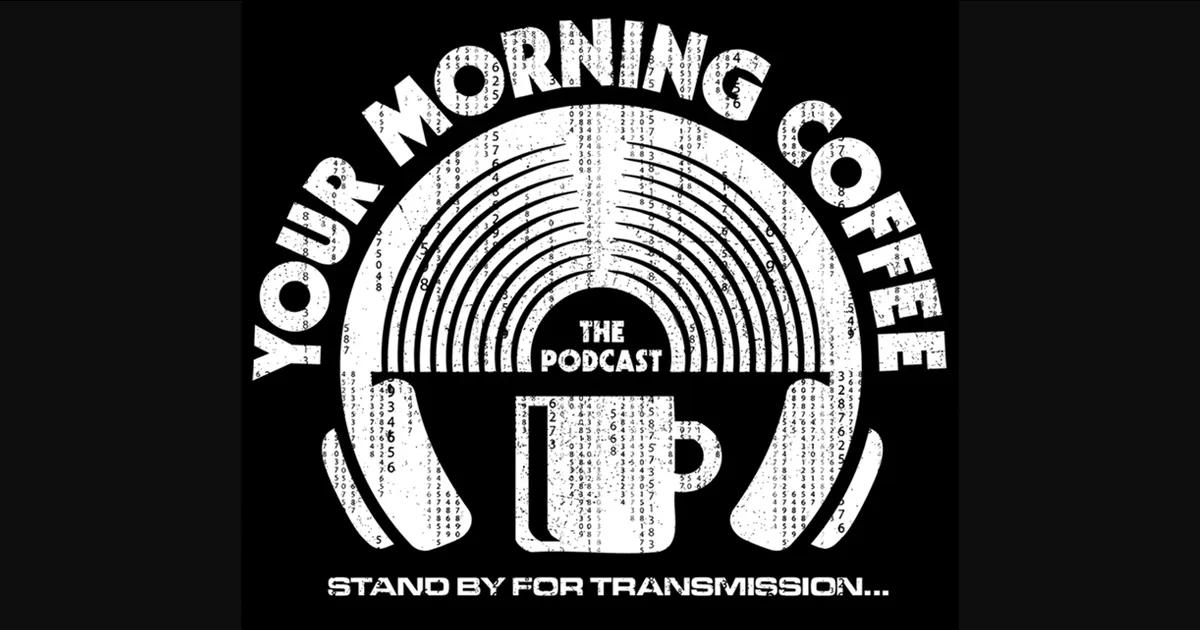While the economy overall and music industry in particular have been hit hard by the global pandemic, streaming has – according to most metrics – seen some impressive growth and an uptick in consumer demand over the past six month.
Guest post by Juan Garza of GoDigital Media Group’s Research Department
As everyone knows, the ongoing COVID-19 pandemic has adversely affected a wide swath of the worldwide economy.
Most major economic indicators are down, especially here in the US with the largest contraction in employment and GDP since the Great Depression, although stock markets have shown some stubborn stability due to massive governmental initiatives. The entertainment industry has also been adversely affected, with huge revenue losses owing to the cancellation of live events. Because of large amounts of layoffs, consumers are also cutting the cord to cable services at unprecedented rates.
The one bright spot is streaming music services.
Music streaming has seen an increase in subscribers during the COVID crisis equal to or in some cases exceeding expectations pre-COVID. The last six months have shown that consumers have deemed streaming music an essential service during this COVID-19 pandemic.
One has to look no further than the success of Spotify during the crisis, arguably the largest and most consequential music streaming platform in the world. According to Q2 earnings reports the company posted an increase of 29% YOY and 5% QOQ in Total Monthly Active Users (299 Million in Q2 2020). This increase was found across the board, Premium Subscribers increased by 27% YOY and 6% QOQ as well. Total Revenue also went up, but sharp declines in ad supported revenue (due to advertiser pullbacks during the crisis) caused growth to be lower than otherwise expected.
Spotify Financial Statement Q2 2020
Clearly, the fundamentals of the streaming sector are strong. People are continuing to stream music and are holding onto their subscriptions (and increasing them) despite the unprecedented crisis we find ourselves in.
Spotify is also expecting growth to continue steadily, despite the continuation of the crisis. The company expects to add between 2-6 million premium subscribers in Q3 2020. By the end of the year, Spotify plans to have between 146-153 million paid users and as many as 348 million total MAUs.
Conclusion
The last couple of months have been devastating to large swaths of global markets in a manner unseen since the Great Depression. This is particularly heightened by necessary public health ordinances that have limited or outright foreclosed out-of-home activities. Because of this, whole sectors that had at one time seemed stable areas to invest in, have become pits of unprecedented decline in value.
Music Is An AAA Rated Bond
With the public stock market at all-time highs led by a few monopolistic leaders, Moody’s AAA-rated bonds yielding on average two percent (2%) to maturity, and real estate (especially commercial) poised for a correction, a wise investor will consider the new paradigm we find ourselves in and open themselves to invest in alternative areas.
Music intellectual property is asset secured, and creates an approximately one hundred year annuity. We think of it as a AAA rated like bond with a 6-10% annual coupon payment, and a 10% to 20% internal rate of return to maturity with the terminal value. Given the duration of copyright is life of the author plus seventy years music IP can generate an exceptionally high multiple of invested capital. There is also a semi-liquid market for music IP such that liquidity events can be realized in a matter of months when the investor decides to sell if there is an investment horizon.
Music IP has been bolstered by strong and continuous growth in streaming subscribers, even in the face of this unparalleled economic crisis. For many decades investors have been aware that during times economic recession and downturn, investing in essential goods is one of the few ways toot only avoid a decline in portfolio worth, but one of the few ways to get a modest upswing during calamitous periods. These essential goods were for many years including canned foods, like Campbell’s soup, or fast food chains, like McDonald’s.
Now, with the almost ubiquitous use of smartphones and music streaming in the developed world, streaming subscriptions have in many regards also joined this category. Because of their relative low price in monthly subscription, and the importance entertainment holds in a person’s life to provide escapism, one can hypothesize that industries like music streaming can continue to earn and grow during economic downturn. Clearly, from the numbers released during this period, this hypothesis is a reality. Investors would be wise to consider entering this market.





